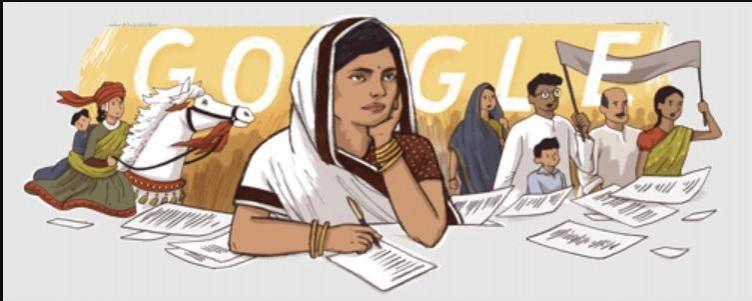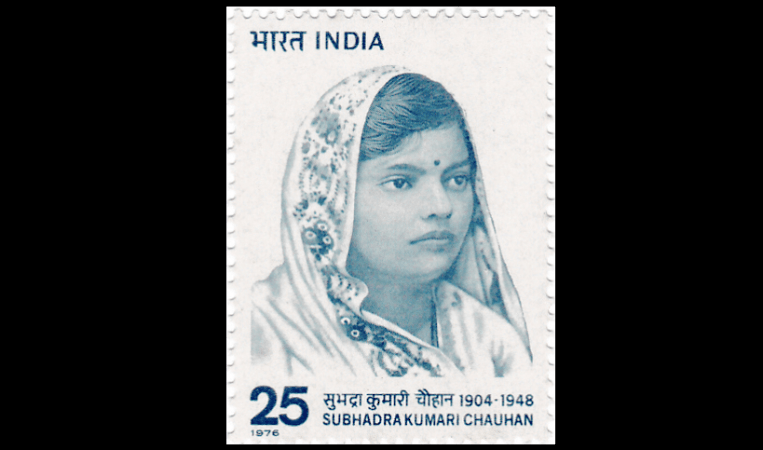A day after celebrating India's diverse culture through a dance doodle on the nation's 75th Independence Day, Google dedicated its doodle to Indian poetess Subhadra Kumari Chauhan's 117th birth anniversary.
Born on August 16, the poetess famous for penning 'Jhansi ki Rani', also wrote famous titles such as Jallianwala Bagh mein Vasant, Veeron Ka Kaisa Ho Basant, Rakhi Ki Chunauti, and Vida, giving India's freedom movement, a unique expression.

Who was Subhadra Kumari Chauhan?
Hailing from Uttar Pradesh, and married in the Kandwa region of Central province then (now MP), her poetry in Khariboli dialect, was a symbol of the nation's lingual diversity. A significant female voice in India's freedom movement, she was the first woman Satyagrahi to court arrest in Nagpur.
According to reports, Subhadra was pregnant with her first child when she was imprisoned for the first time in 1923 but was released a few months later because of her pregnancy.

Subhadra who had her first poem 'Neem' published in a monthly magazine at the mere age of nine, went on to publish her most famous work, Mukul, an anthology of poems at 26. She was an alumnus of Crosthwaite Girls' School in Allahabad, that also schooled fellow poetess Mahadevi Verma and laid the foundation of the two legendary poetess' lifelong friendship.
Born in 1904, she was known for her work towards breaking societal barriers like untouchability, caste system, purdah system amongst others. Very few know that Subhadra who had five children with her writer and freedom fighter husband Lakshman Singh Chauhan played a pivotal role in helping her daughter Sudha marry legendary Indian writer Premchand's son Amrit Rai.
While Sudha Chauhan went on to write a biography on the lives of both her parents titled 'Mila Tej se Tej'; Amrit Rai, wrote 'Kalam ka Sipahi' based on his father's life. Sudha and Amrit's son Alok Rai who hails from a literary lineage worked as a professor of English at the University of Delhi. He currently works as a columnist writing on Indian politics and culture.

















